Lost Childhood Sculpture No. 3 – Secrets
Don’t underestimate the complexity of children’s emotions
We think children are supposed to be open books. They cry when they’re in pain. They laugh when they’re excited. Because they reveal their emotions so freely, we assume they’re simple and transparent beings. This assumption makes us underestimate the complexity of our children’s minds.
This boy in my Lost Childhood sculpture series has secrets. He seems to be burdened by something, but with his limited vocabulary and underdeveloped cerebral capacity, he’s at a loss. If you paid close attention, you’d sense that this child has a lot of things he wishes he could tell but he doesn’t know how. He carries those secrets into adulthood and gradually, he forgets why he’s sad. Sadness just follows him like a dark cloud. Nothing seems to be able to cheer him up.
That’s depression.
Childhood depression
Depression often begins in childhood and can be diagnosed in early childhood, as early as the age of three, according to Brain and Behaviour Research Foundation.
The earliest signs of my depression appeared at about the age of three. These signs were obvious in the photos taken of me as a child.
Up until five years ago, I’d always avoided looking at my childhood photos. They just brought up so much fear and despair within me.
The photo I hated the most was a “family” photo taken when I was about three. I quoted the word family because my father wasn’t in it. He was in the army at the time. I think the photo was taken for him.
In that photo, I stood next to my mother with a noticeable gap between us about twenty centimetres. I looked sad, confused and a little terrified. A normal child would cling on their mother for comfort in a situation like that. But I stood as far as I could from her.
After many years of therapy, I realised my childhood photos were irrefutable evidence of the terror went through as a child. I hated looking at them because, all throughout my life, I had tried very hard to erase my past. Every time these photos appeared, I felt I was losing control of the carefully crafted reality in my head. The terrifying feeling in the pit of my stomach when I saw or thought about those photos was a physiological response of the implicit memories held in my body. The mind can forget, but the body keeps the scores (Dr. Van Der Kolk.)
How can we help our children?
As a person who has survived and recovered from childhood abandonment and abuse, I wish the adults around me when I was a child had been less judgemental towards me.
Adults naturally gravitate towards happy, bubbly and well-behaved children because they think that’s how good kids should be.
I was shunned by my peers and the adults around me as a kid because I was a withdrawn and unhappy kid. No one ever enquired into why I was unhappy. They just labelled me as a bad kid.
To be labelled a bad kid could have detrimental effects on children. For me, I learned at a very young age to be useful to others to gain their attention or validation. This belief about myself and the world I was in determined the relationships I chose in my life and all of them were abusive.
Let’s examine our prejudices towards unhappy or moody children. Why is it so important that our children behave in a way that pleases us? Why do we so quick to scold or punish them when they get moody, play up or throw tantrums? You wouldn’t punish your child if they were physically unwell. Why would you punish them if they showed signs of emotional imbalance?
Instead of labelling children as bad or unruly, let’s help them find the right words to name their emotions so they can start to enquire about their inner feelings with you. Trust me, you’ll be enriched by the shared experiences with your child like I have. My gender-neutral child, Sam and I have been close friends ever since they were born. I’m a better person because of Sam. Please read my post A Memoir about Love: From My Father to My Child.
Childhood depression is real and should not be ignored or shunned. Let’s discuss, research and discuss more about this topic.

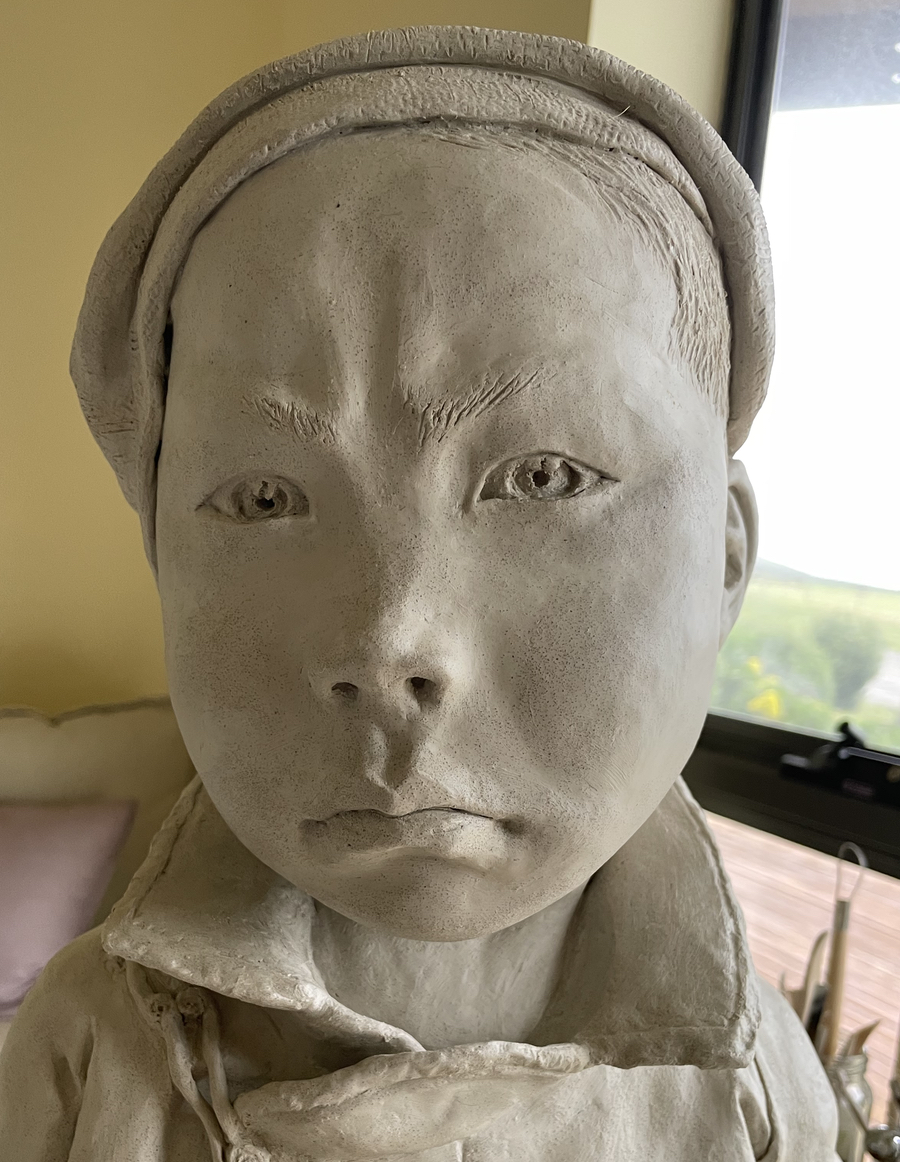

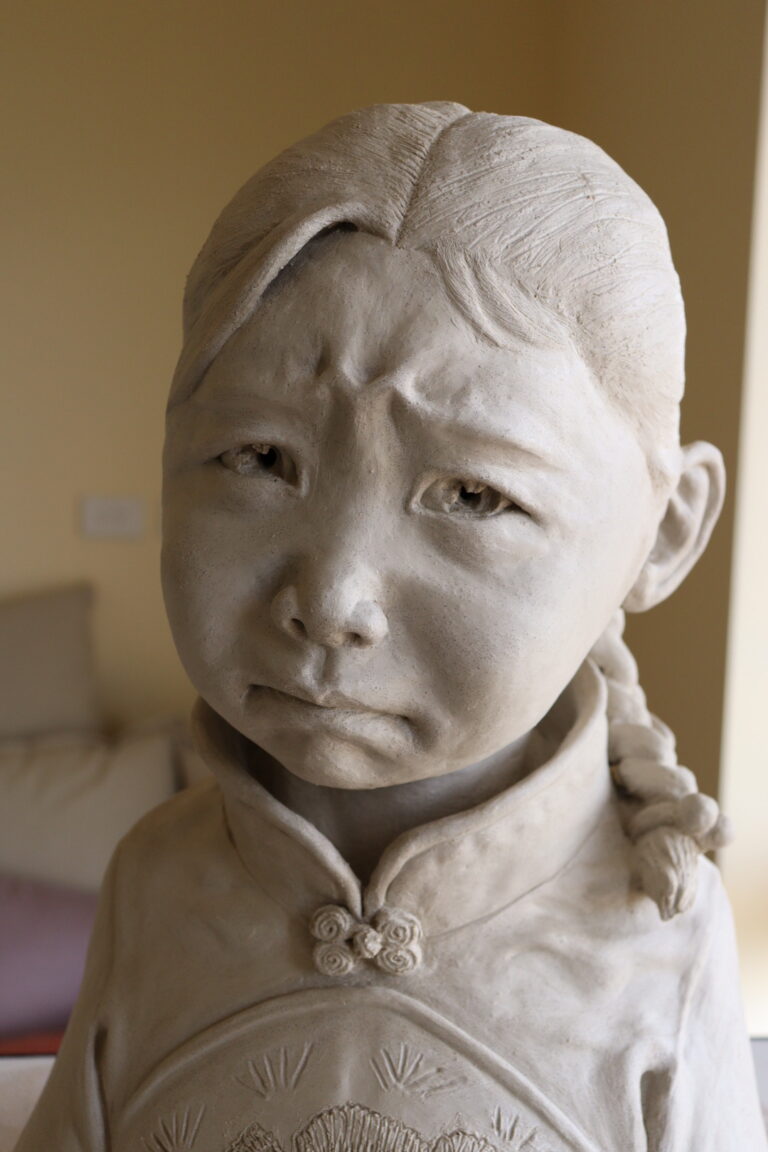
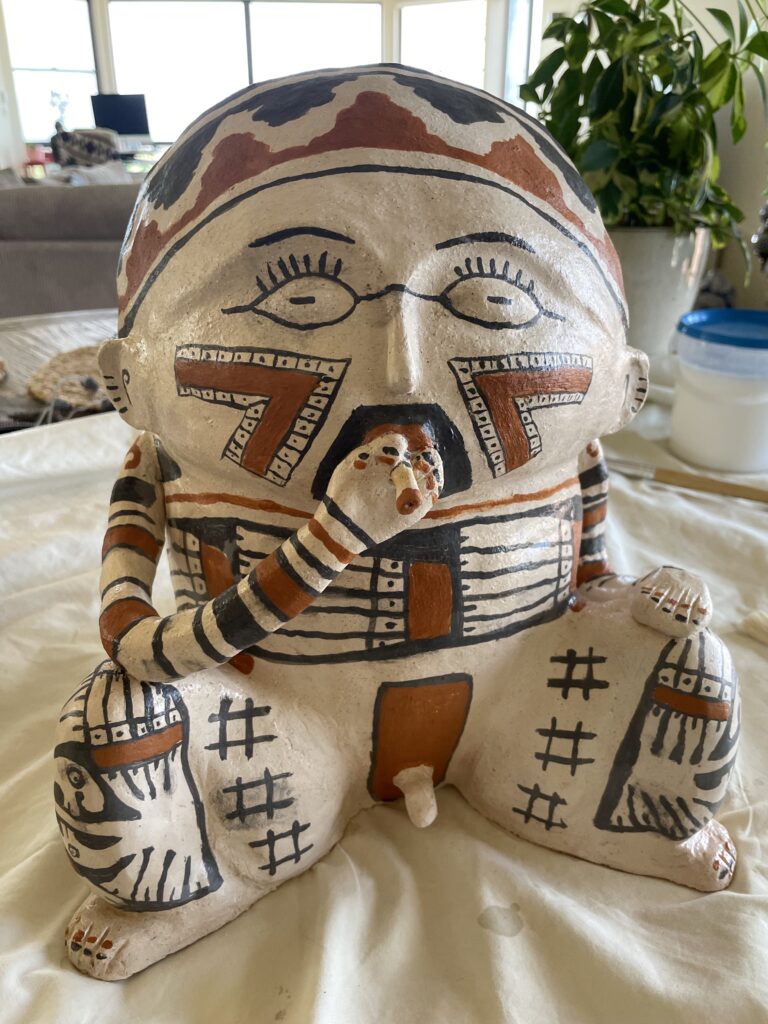
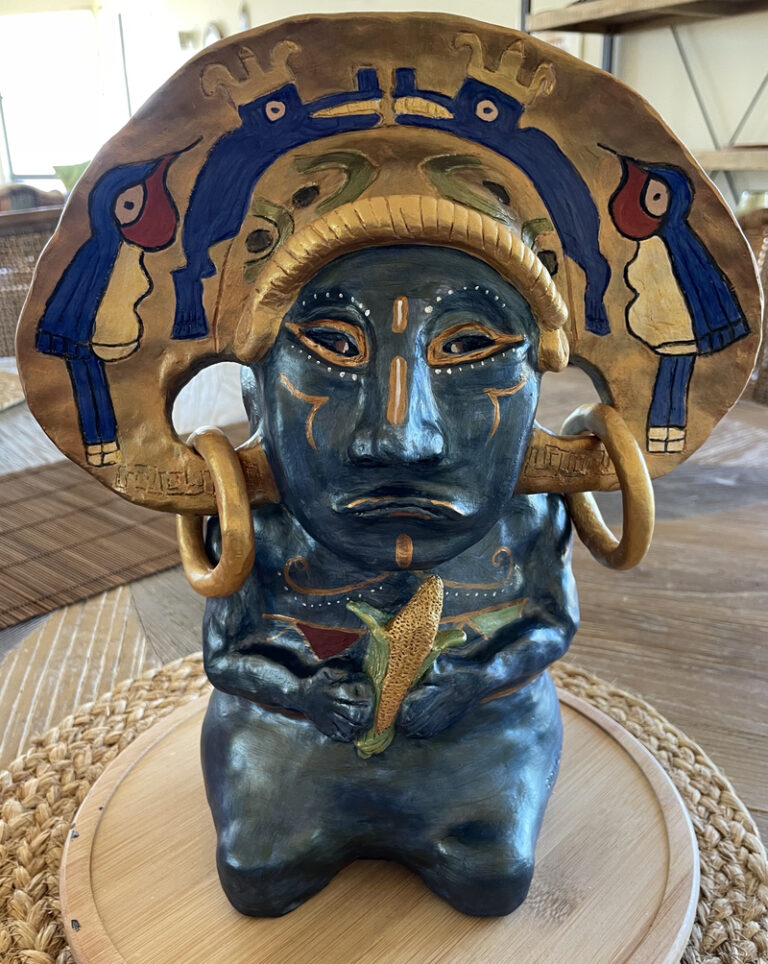
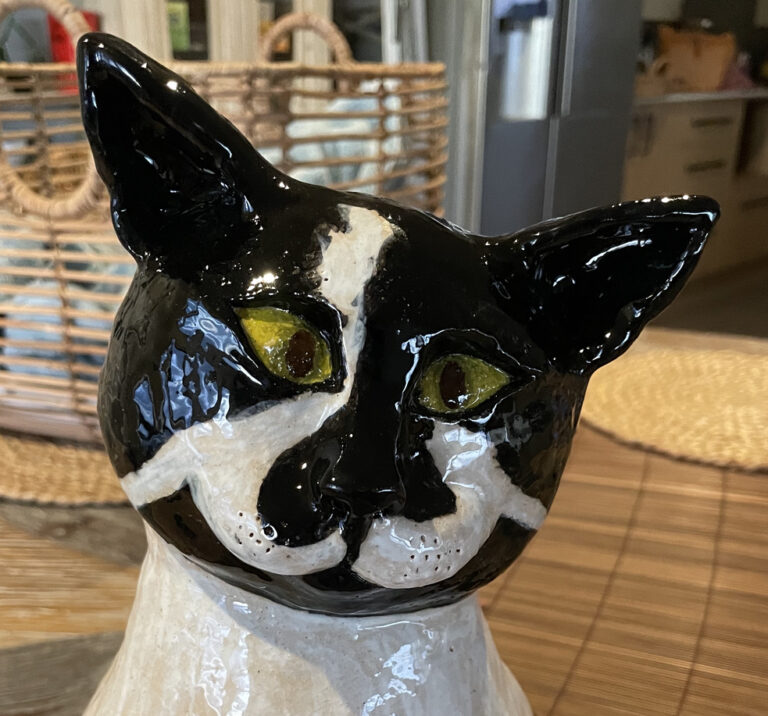
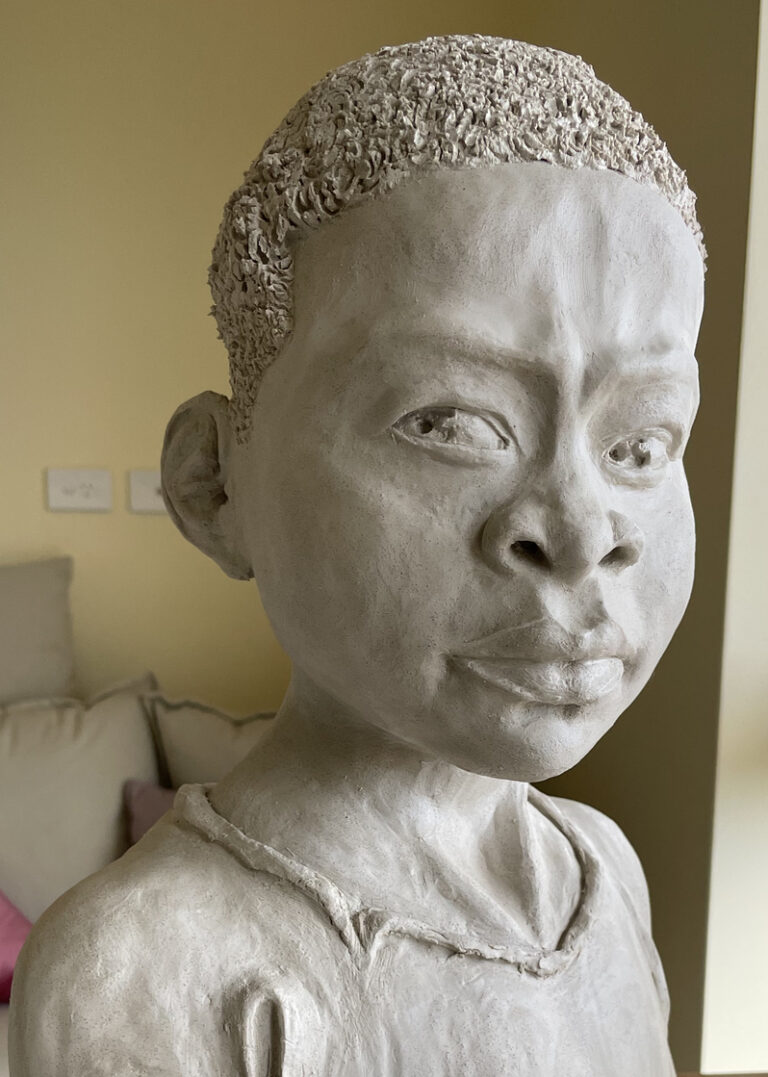

One Comment
Comments are closed.